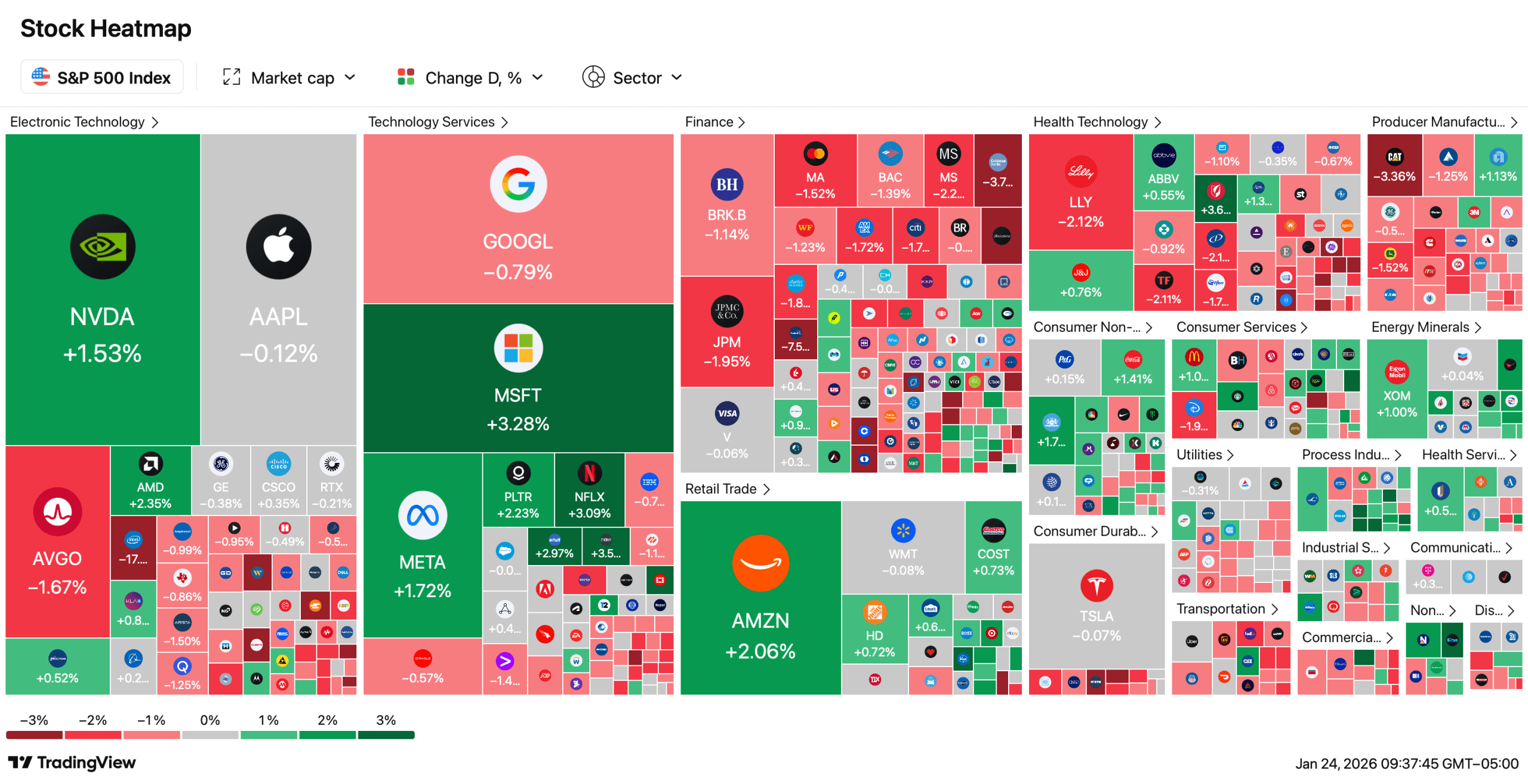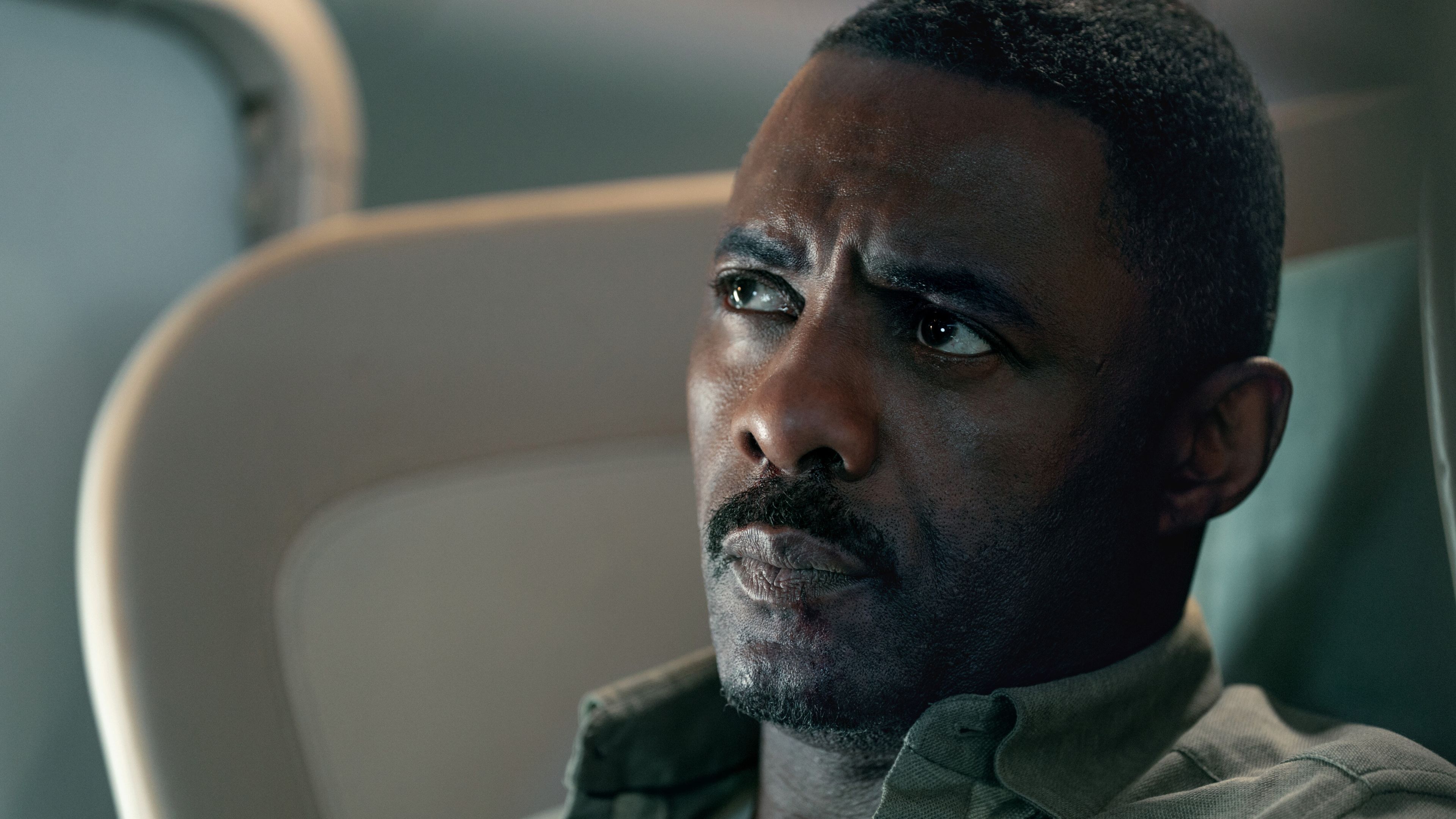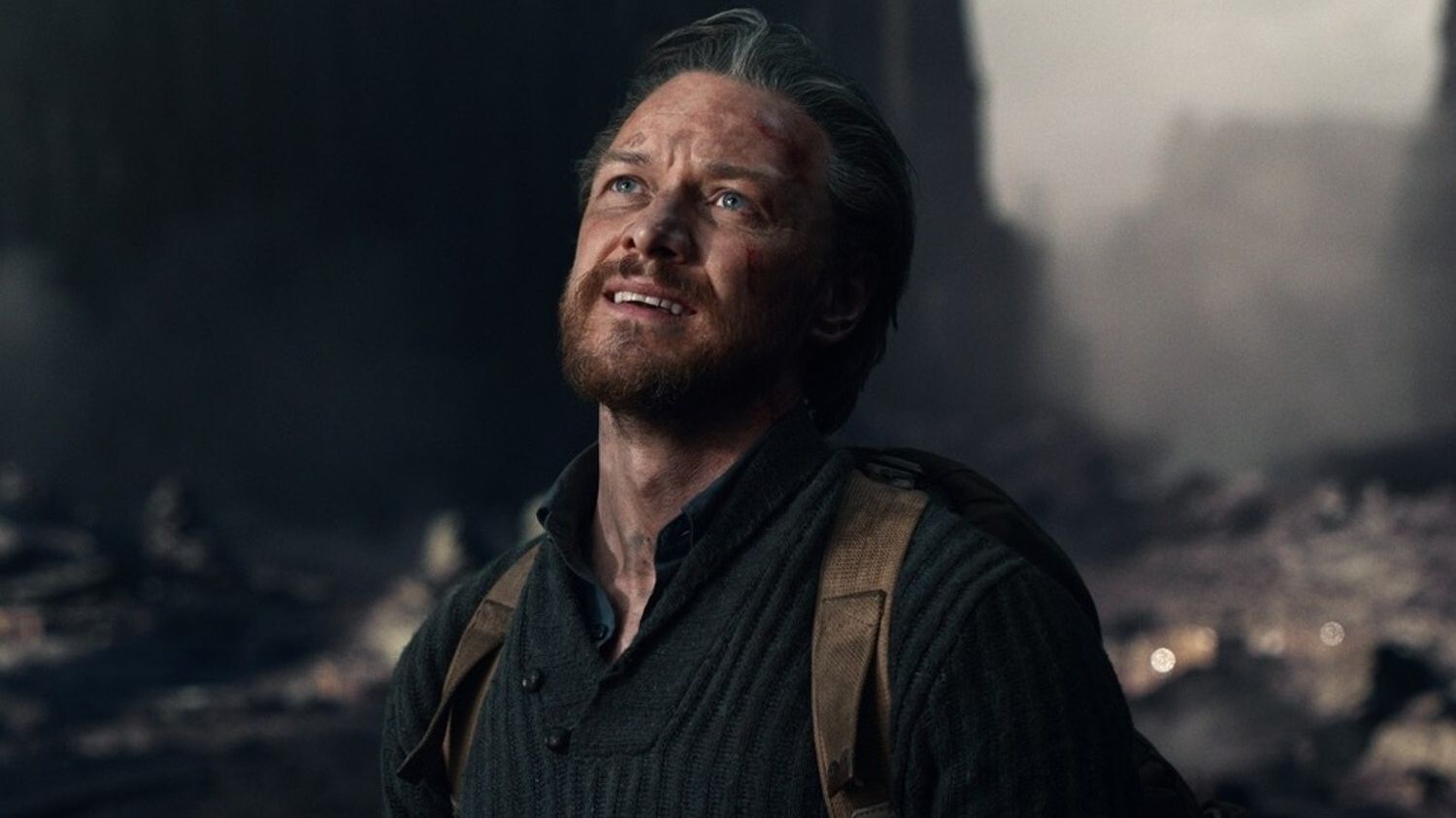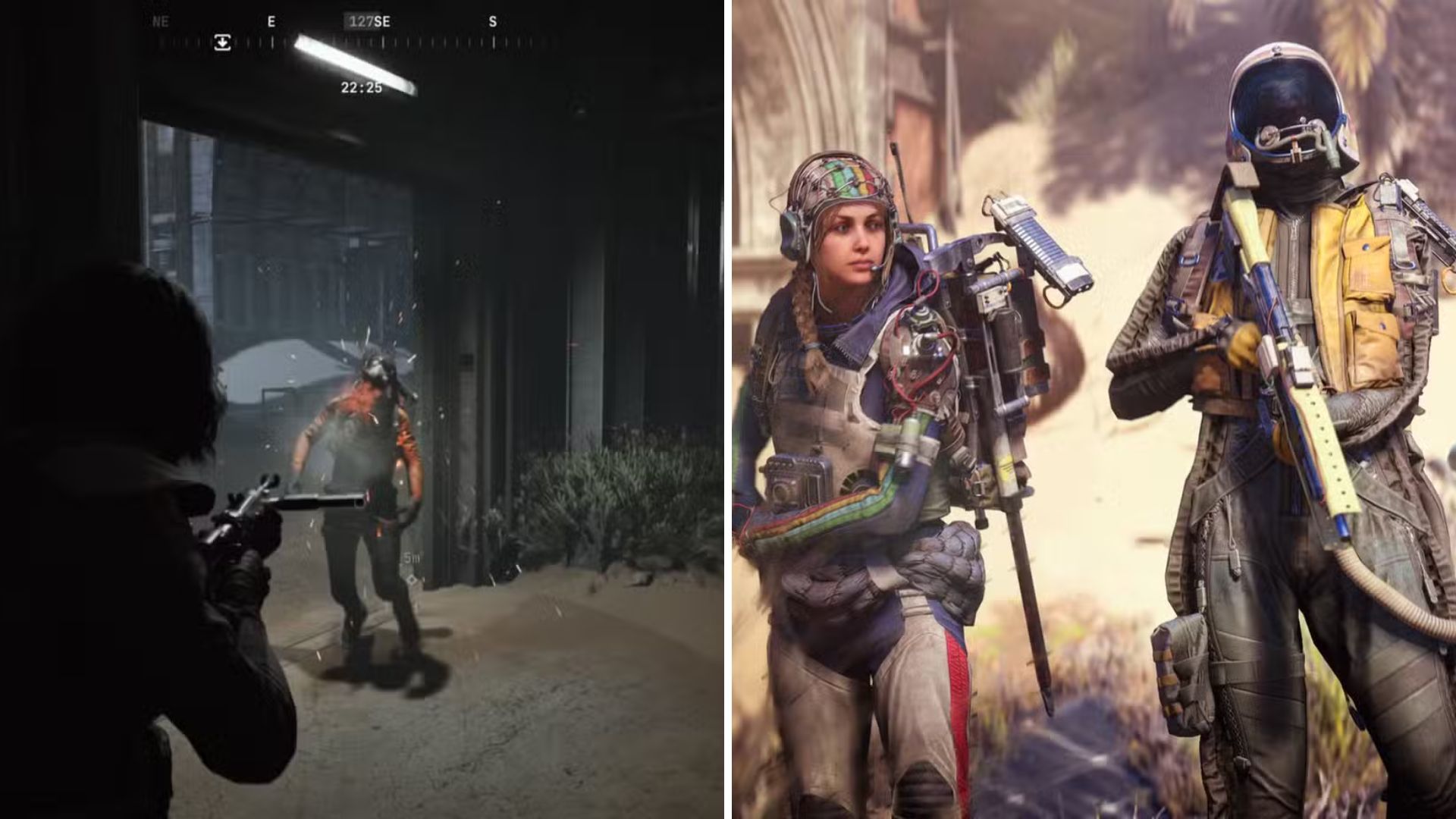Rejoice, Dear Readers! The Bau of Crypto Markets & the Return of Tokenized Stocks, Austen-Style
In an act of strategic metamorphosis, these illustrious platforms seek to allure the charms of traditional finance (or as some would call it, the dull routine of yore) in hopes of seducing yields that, lamentably, have grown as stagnant as a pond in high summer. Hence, they venture into the realm of real-world assets, as if that were an effortless promenade.







